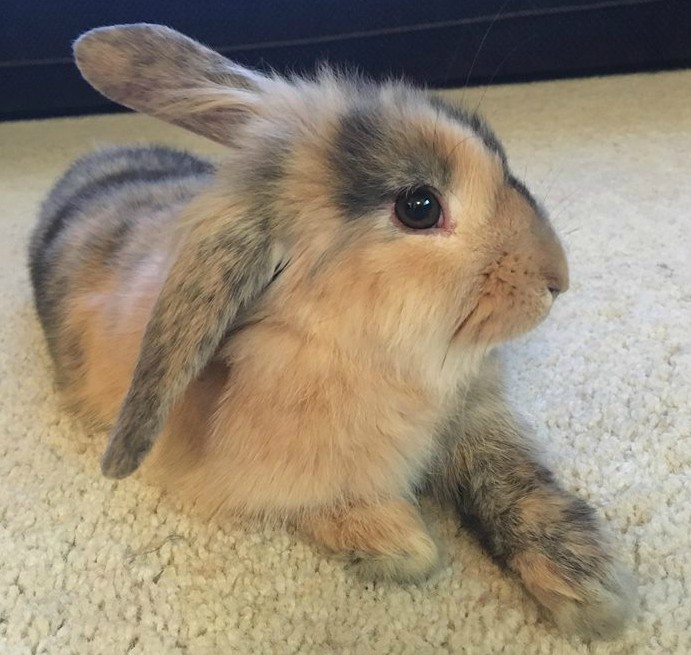
We are pleased to announce that we can now provide non surgical Laser therapy for your pets from our Ealing surgery, using a state of the art Class 4 laser. These are widely used in human medicine and can now be used to benefit your dog or cat. This can be particularly useful inRead More

Often in the winter period we see a large number of flea related problems. Once your central heating is put on, any flea eggs in the house will hatch out resulting in large numbers of fleas appearing. Each individual flea can lay hundreds of eggs in the house which are resistant to virtually allRead More

Every year we receive a number of requests for help from owners who are worried about how their pets react to fireworks. Both cats and dogs can suffer from noise related phobias around this time and it is important to plan in advance if you want to tackle this problem. AfterRead More

There are many potential household and garden toxins or poisons that may harm cats and dogs. We give you some tips on what to avoid, and what to do if your pet has been affected. We are proud to offer an emergency service at Young Veterinary Partnership. Unfortunately some clients have toRead More

People often think that when a cat scratches furniture it is doing so to sharpen its claws. In actual fact they are scenting the furniture using scent glands in their pads, as well as leaving a visual mark that they have been there. This is a normal cat behaviour, and would usually beRead More

Getting a Rabbit: Rabbits are becoming increasingly popular as pets for both children and adults in the UK. They are very sociable animals and should be kept in pairs if possible. Animals from the same litter will normally get on well, but any pair that are newly introduced must be monitored closely.Read More

You may have seen the recent articles about TB (tuberculosis) in cats, and people.This is a very rare occurrence, and the recent reports relate to an outbreak last year in 9 cats in Newbury, Berkshire. The symptoms in the cats were varied, but included weeping infected wounds, pneumonia, loss of appetite and enlarged lymph glands.Read More

Kittens and adult cats are much less likely to bite and scratch us if they have been socialised and handled well when young. Kittens have two very important periods of socialisation when they learn normal behaviour, towards other cats and people. The first period is 2-7 weeks of age when handling by variousRead More

How to care for your puppy: Make sure that you have suitable transport for your new puppy. Puppies may be put in a collapsible cage in your car, which ensures they are safe during a journey. Be sure to have them on a lead/harness so that they can’t run away. Also before your puppyRead More

A case of Tetanus: This is Barney Barnard a 6mth old Border Collie puppy. When Barney was 3mths old he came to us showing some very unusual signs. He was unable to eat properly, his ears were erect, lips pulled back and he walked with very stiff front legs. After some tests and research BarneyRead More